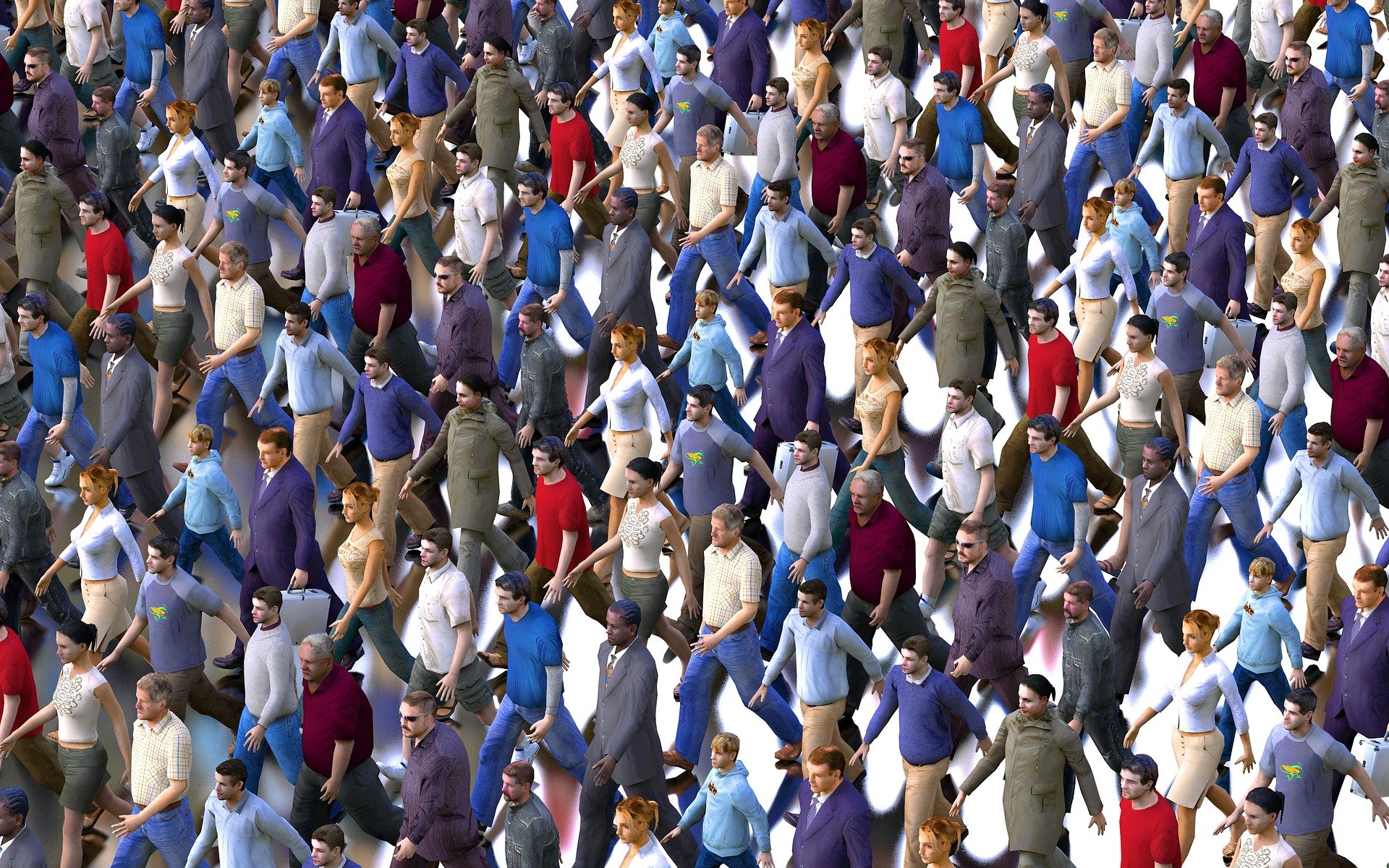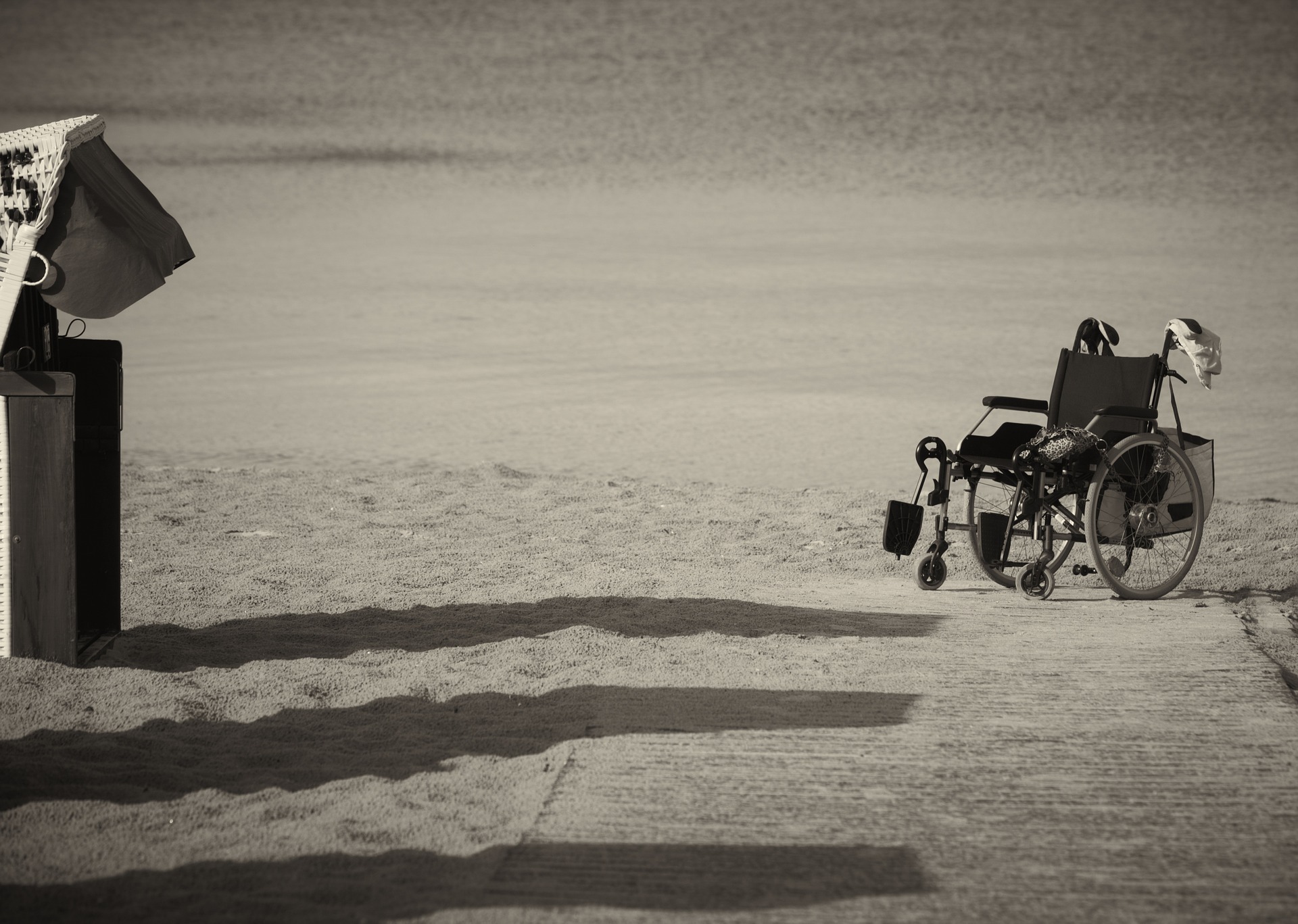Human rights, disabled people and Inclusive citizenship: planning for and beyond the corona virus and other emergency situations

The Corona Virus crisis has led many people to reflect on aspects of citizenship and civil rights, ranging from personal privacy in the context of “corona apps” to the right to receive health care and medical treatment without discrimination. This blog examines two elements of citizenship which, in the context of the current crisis, are important for disabled people: access to public information and access to justice.
This blog is by Lisa Waddington (Maastricht University) and Anna Lawson (Leeds University).
One important dimension of citizenship is the right to access government information and communication addressed to the public. The current crisis has highlighted the importance of clear government communication, and it is essential that all citizens are aware of that advice on issues such as physical distancing and remaining at home. As is repeatedly stressed in official guidance, failure to comply with this advice puts the individuals concerned, as well as those with whom they come into contact, at risk of being infected with Corona Virus.
Government information and advice about COVID-19 responses is often communicated through televised prime-ministerial briefings and press-conferences. Constitutional and equality laws in many countries require such communications to be accessible to disabled people. So to do various rights set out in the UN Convention on the Rights of Persons with Disabilities – a 2006 treaty which tailors the human rights to which everyone is entitled to the particular situation of disabled people. As stressed by the UN Special Rapporteur on the rights of persons with disabilities (Catalina Devandas) in March 2020, "Public advice campaigns and information from national health authorities must be made available to the public in sign language and accessible means, modes and formats, including accessible digital technology, captioning, relay services, text messages, easy-to-read and plain language." The International Disability Alliance and International Disability in Development Consortium have launched a campaign to highlight the importance of making Corona Virus briefings and associated documentation accessible to disabled people – including where such briefings and documentation are issued by international organisation such as the United Nations and the World Health Organisation.
Sign language interpretation has been routinely provided for televised briefings and press conferences of leaders such as the Dutch Prime Minister and the Scottish First Minister. The lack of live sign-language interpretation for briefings by the UK Prime Minister, however, has resulted in a twitter campaign and the launch of legal action against the government. In the US too, the absence of sign language interpretation for the President’s daily coronavirus briefings has sparked protest from the Deaf community. Howard Rosenblum, CEO of the US National Association for the Deaf, has reported that his organisation receives daily complaints from deaf and hard-of-hearing people “asking why their President is not ensuring they are getting the same access to emergency information as everyone else”. Further, legal proceedings under the Americans with Disabilities Act 1990 have been commenced against the State of New York for the absence of sign language interpretation at the daily televised press briefings of its governor.
Access to justice is another key element of citizenship. Article 13 of the UN Convention on the Rights of Persons with Disabilities recognises the right of disabled people to access justice on an equal basis with others. Physical distancing has heightened awareness, and in many places, reliance on online systems, including within the justice system. As the Global Initiative for Inclusive ICT has stressed, a move toward online justice has significant potential to reduce barriers associated with traditional physical infrastructure which confront many disabled people, but it also has the potential to create new barriers which could exclude and marginalise many others. It is vital that care is taken to build into online justice systems, from the outset and on an on-going basis, accessibility and access to appropriate support for people who have all sorts of impairments (eg visual, hearing, cognitive, mental health) or who simply happen to be on the wrong side of the digital divide. Because the law is essentially concerned with relationships and interactions between people, justice systems will work properly for nobody unless they are fully inclusive of everybody.
Access to public information and access to justice in the time of Corona Virus are but two areas which reveal the necessity of building accessibility and inclusion into our social fabric. Government briefings in the Netherlands and Scotland provide good examples of how this can be done. Comparable briefings in the UK and US, however, show that all too often it is not done – with the result that information which is supposed to be for all becomes information only for some. Similarly, accessibility and appropriate support will determine whether online judicial proceedings can be used by all or only by some. In these unprecedented times, it may be tempting to adopt quick-fix solutions which cater for the majority of the population but which exclude and marginalise many disabled people. COVID-19 does not exclude disabled people, and neither must government policy nor action. This is an issue of human rights. It is also an issue of basic humanity and practical good sense.
Written by Lisa Waddington and Anna Lawson - More blogs on Law Blogs Maastricht
| Lisa Waddington is Professor and European Disability Forum Chair in European Disability Law, Maastricht University and Anna Lawson is Professor of Law and Joint Director of the Centre for Disability Studies, University of Leeds. |
Other blogs:
Also read
-
How do we guarantee access to COVID-19 vaccines and therapies, and secure health-related human rights for all? We’ve heard a string of promises in the race for new vaccines and therapies.
-
It’s been almost a month since the COVID-19 pandemic has drastically changed the way we live and work. Now that we are more used to, in a manner of speaking, the extraordinary measures to curtail the rampant spread of the virus, it’s time to seriously consider, and openly discuss, this crisis’...
-
It is a tough time for everyone during this current pandemic, but increasing reports worldwide indicate that marginalised groups, including people with disabilities, are suffering even more due to structural discrimination. When governments fail to secure the survival and dignity of people with...


